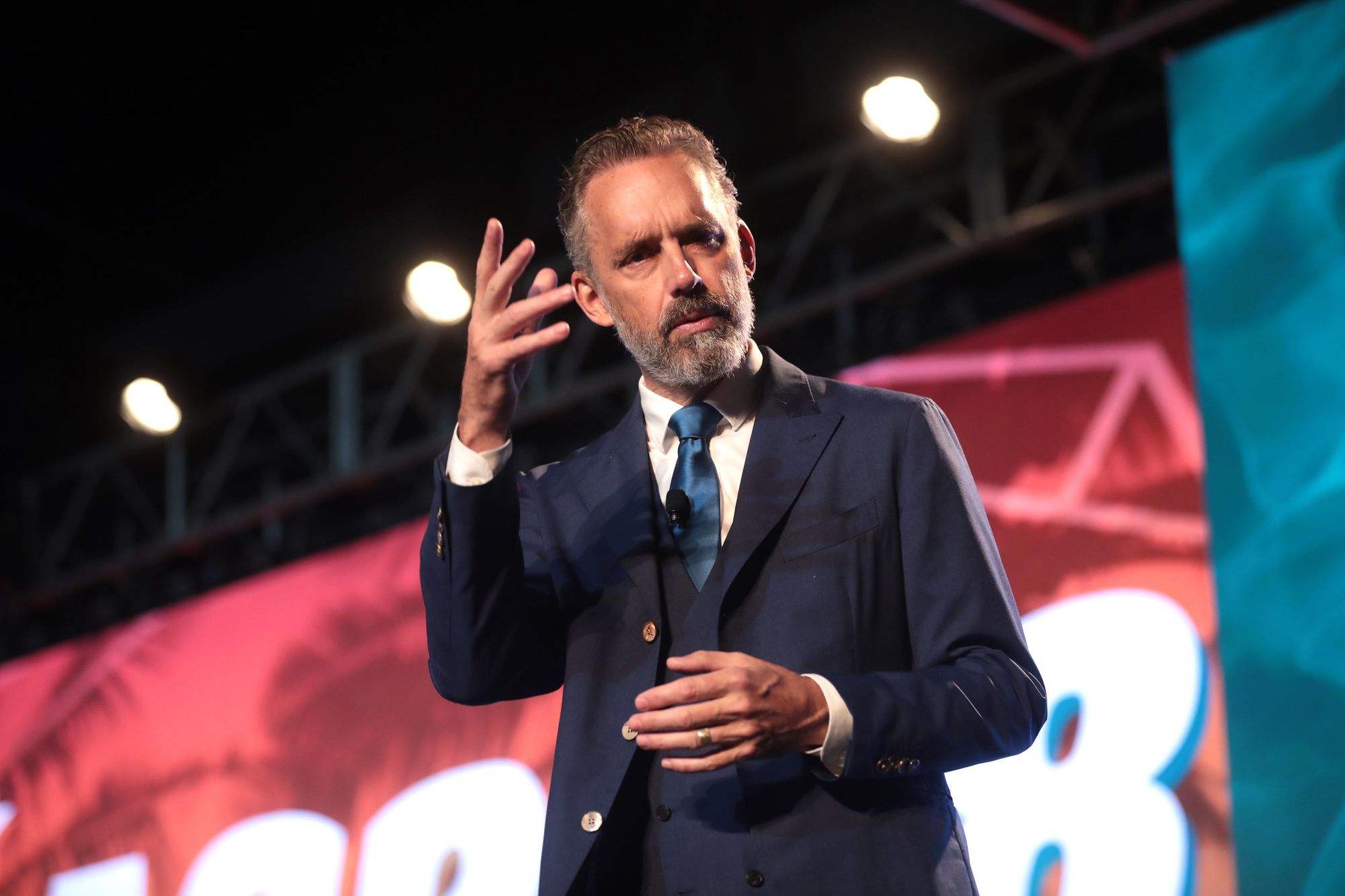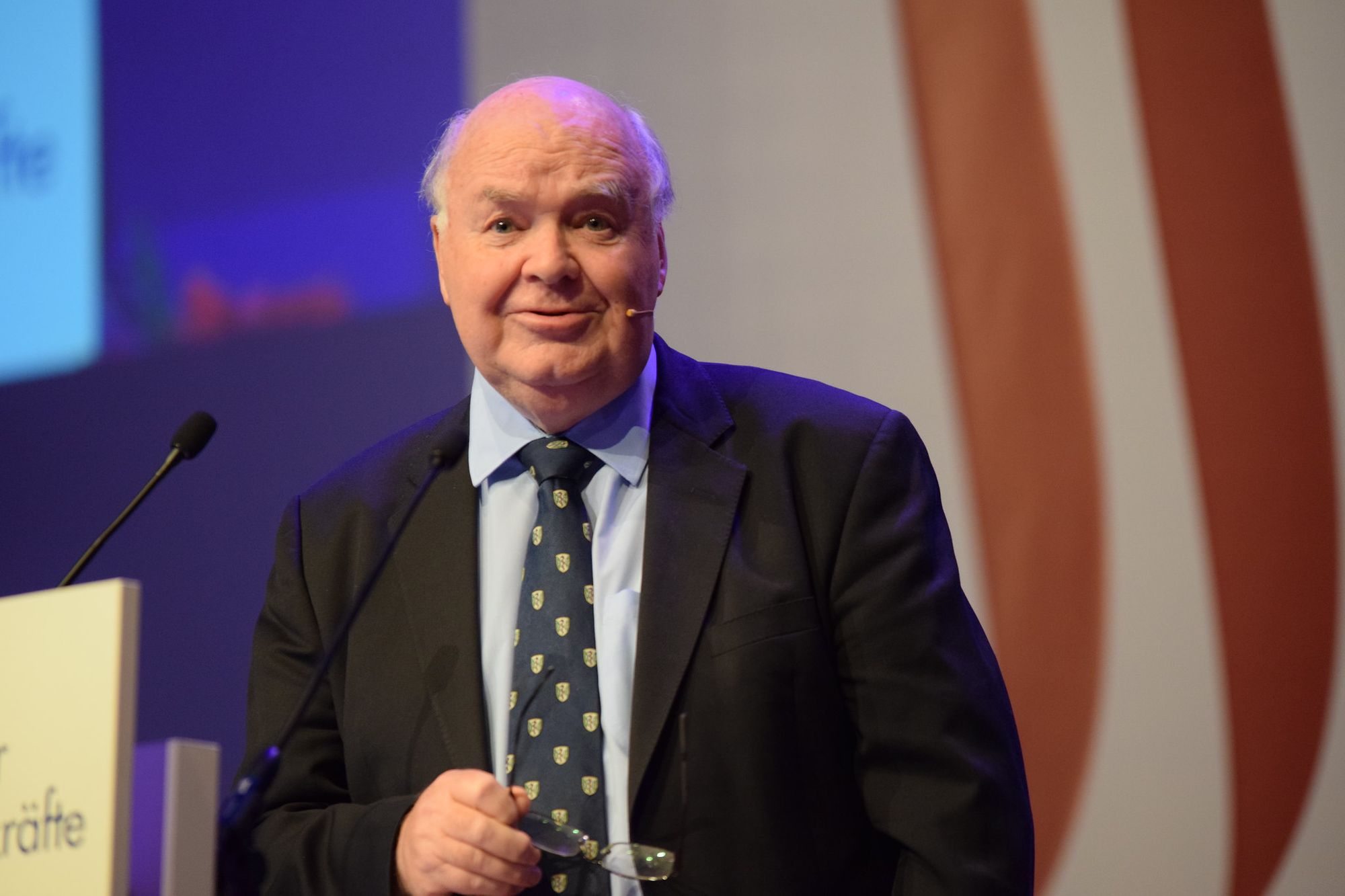Books of 2019

So, I have good news and bad news about my book reading habit in 2019. The good news is that I've read more Christian books than other kinds of books. The bad news is that I've read the least books ever in 2019: six. The interesting fact is that I didn't read a single fiction book.
I think part of the problem was that I had two books that were thicker than average and more difficult to process. Because of this, I couldn't just pick them up to read them before going to bed, I had to be in the right mood for reading them. Until now I had the rule that I'm only reading one book at a time, to make sure that I don't start a thousand books and not finish any one of them. I think I'll have to dispense with this rule in 2020 and start reading several books at the same time, both heavier stuff and lighter stuff.

One of these thicker books was 12 Rules for Life by Jordan Peterson. The author is quite (in)famous, many people consider him either the wisest or the worst human being currently living on Earth. I consider him to be both rational and commonsensical, which is quite rare today. Some people can argue rationally, applying sylogisms, modus ponens and other logical methods to derive certain things, which then don't make feel right, while others spew off things that feel right, but are horribly inconsistent.
I feel like in my bubble of young people that I interact with on a regular basis this book would be very necessary. Too often I see some of them have some normal difficulty happen to them (for example: college exam) and they lose it. Some start whining and complaining how their life is the most difficult ever. Some bury their heads into the sands and try to forget about the problem until it's (almost) too late. JBP's rule that you have the responsibility to help yourself or that you should compare yourself only to you in the past, not with others, would improve the life of those people.
Another interesting idea that remained with me is that some concepts are worth keeping in mind, even if they seem outdated, exactly because of their long/diverse life. One such example is from biology: hierarchies exist even in lobsters, so we shouldn't go full communist in trying to smash hierarchies because they are a social construct, because they've been around for far longer than we can imagine and also because they are not only a social construct (as proven by their presence in lobsters). Another example is from old books, such as the Epic of Gilgamesh (the oldest known literature). JBP argues that those books have survived because generation after generation found useful the wisdom encoded into them. Sometimes it takes a great deal of knowledge to extract that wisdom (because of linguistic and cultural barriers for example), but we should still strive to learn from them, because human nature hasn't changed over the last 10 thousand years. A similar idea can be found in the Economics of Good and Evil, which I read the previous year.
One thing where I didn't really like the 12 Rules for Life was where the author tried to provide his explanations for the Bible. In that place he falls very short.

Another book that stayed with me was "Men After God's Own Heart: Eight Biographies from the Book of Genesis" by Stephen Kaung. The book goes through most of the major characters from Genesis and provides some very deep insight into their relationship with God. For example, it raises a very interesting question: why did Abel become a sheperd, when they didn't eat meat at the time (only after the flood does God give Noah permission to eat animals)? And Stephen Kaung says that it's because Abel had heard from his parents that God had sacrificed an animal when they sinned and he wanted to be ok with God, so he chose for himself an occupation which didn't benefit him materially, but which helped him have a relationship with God.

The last book I'll mention is "Have no fear" by John Lennox. It's a very short book about being light and salt in this world and about testifying about our faith. Since I personally struggle to share with others about my faith, I hope I will be able to put into practice some of the concrete advice the author gives in this book.
I really hope in 2020 I will be able to read more books!


